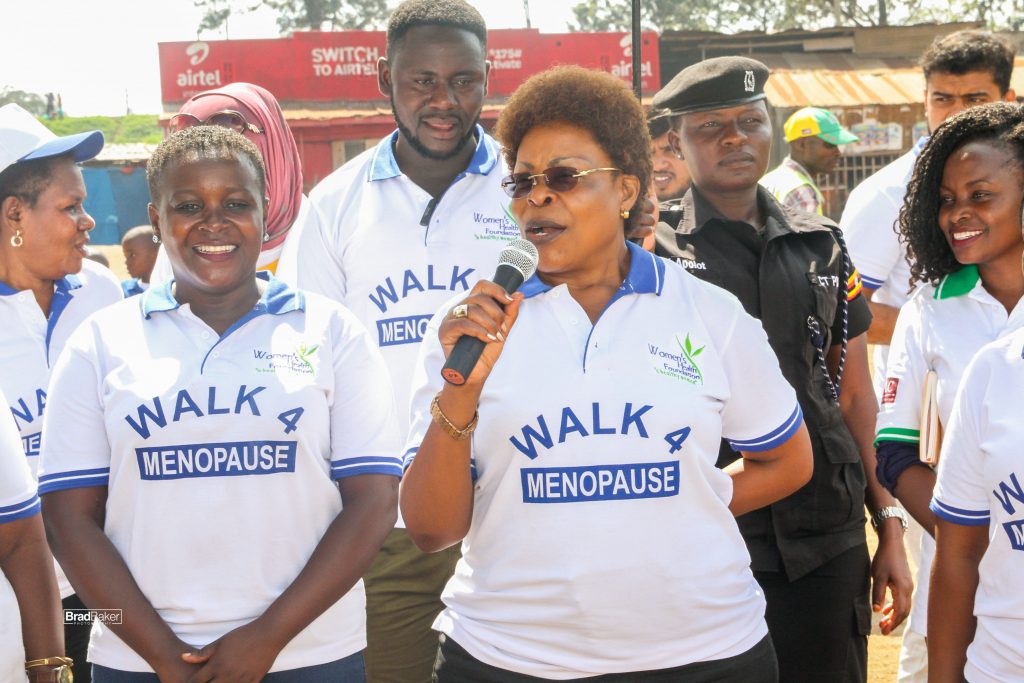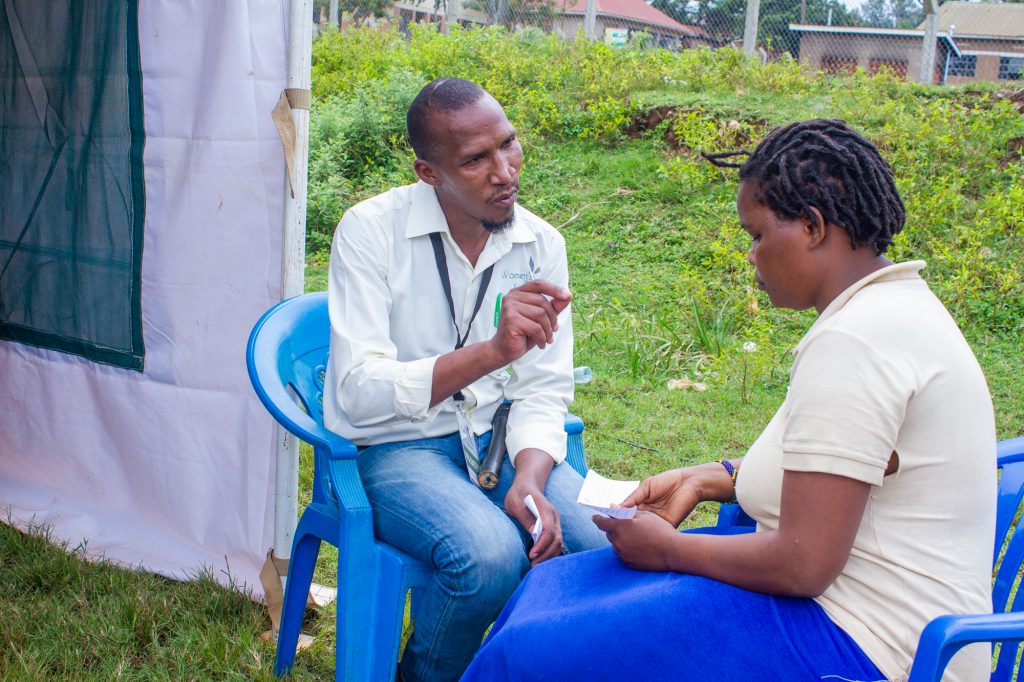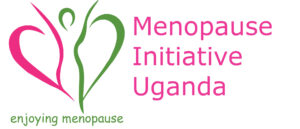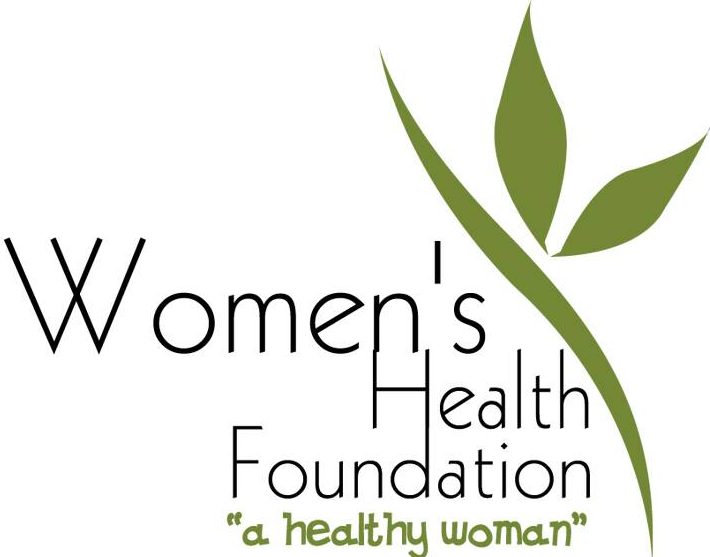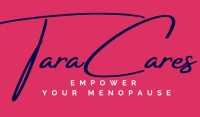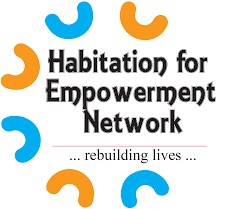Enjoying Menopause
There should be no stigma attached to menopause. We are extremely proud to work hard to make the greatest difference to the lives of women in our community.

CARING IS SHARING !
We’re here to help with problems, no matter how big since we know that Menopause for many women is a scary word and not often uttered out, especially in our community.
GIVE TO BRING CHANGE !
There should be no stigma or shame attached to menopause in our community. We are extremely proud to work hard to make the greatest difference to the lives of women in our community.

Menopause is a completely normal transition; the life stage brings with it plenty of obvious physical symptoms. That’s why we encourage menopause talks to sensitize the community about such challenges and how to manage them.

Mid-Life Crisis in Men.

Menopausal Therapies.
STRUGGLING WITH HOT FLASHES AND FRUSTRATED WITH SLEEPLESS NIGHTS. SO MANY WOMEN I'VE TALKED TO SEE MENOPAUSE AS AN ENDING.
The Menopause transition is inevitable and it doesn’t have to derail your life. There are many therapies to relieve the changes and symptoms related to the menopausal transition, ranging from increasing your activity levels to medications requiring prescriptions.
Did You Know ?
Problems with your gastrointestinal system, including constipation, diarrhea, bloating, nausea, and heartburn, are unpleasant symptoms of the menopausal transition that affect many women. These problems result partly from changes in hormone levels – other possible causes could include stress, life changes, dietary changes or changing levels of exercise.
Wheezy cough and runny nose. All of these can be symptoms of perimenopause allergies and start during the menopausal transition, whether or not you have suffered from allergies in the past. Asthma can show up as well, adding shortness of breath to the list of frustrating and impactful symptoms of allergies. It may not seem like allergies and perimenopause go together, but they can.
Worried? Restless? Have feelings of dread? These are some of the classic symptoms of anxiety and they are often interlinked with hormonal changes, hot flashes and Insomnia. The menopausal transition can be accompanied by a number of emotional changes, including hormonal anxiety symptoms. Read on to learn more about the causes of anxiety and how to manage it.
Hot flashes or flushes and night sweats are common symptoms of menopause. They are characterized by excess sweating, redness of the face and chest, rapid heart rate and sensations of heat and chills that can be quite disruptive both day and night.
Changing hormone levels can have a physiological impact on the genital organs causing changes to the vagina that can result in dryness or pain. Although the accompanying symptoms such as menopause vaginal dryness, menopause vaginal itching, and menopause vaginal odor may be unpleasant, fortunately they are quite often easily addressed with simple self-care routines.
Hormones, particularly estrogen, play a key role in keeping your hair and nails healthy and functioning well. The menopausal transition brings changes in your hormone levels and these changes in turn affect your hair, and nails. Menopause hair loss is relatively common, and other symptoms include menopause thinning hair and the growth of menopause facial hair. Menopause brittle nails also affect many women.
Metabolism is the rate at which your body burns the fuel you get from food. Menopause weight and weight gain during perimenopause are partly due to hormonal changes from decreasing estrogen and increasing follicle stimulating hormone (FSH) levels.
Menopause and insomnia, as well as other sleep problems, can appear as single symptoms, or can start as a result of other symptoms like night sweats. Improving your sleep quality starts with having a good sleep environment. There are many simple adjustments that you can try in your own home.
menopause can be accompanied by a slew of emotional changes, including mood swings, sudden anxiety or rage and depression. These are interlinked with hormonal changes, hot flashes and sleep problems. Often these swings make you feel like your personality is changing during menopause.
Your skin, hair, and nails make up a barrier that protects your insides from the outside world. They work together to keep you safe from infections and bacteria, protect you from other threats such as sunlight, prevent you from drying out and help you sense the world around you. Hormones, particularly estrogen, play a key role in keeping your skin, hair and nails healthy and functioning well.
Feeling exhausted all the time. Having no energy. These describe a very common and very distressing symptom of the menopausal transition. Hormones, particularly estrogen, play a key role in keeping your skin, hair and nails healthy and functioning well. The menopausal transition brings changes in your hormone levels and these changes can in turn cause menopause acne, menopause itching, menopause rashes, menopause dry skin, and menopause bruising.
Feeling down? Overwhelmed? Exhausted? These are classic symptoms of depression, especially when these feelings happen for no apparent reason. The transition into menopause can be accompanied by a number of emotional changes, including bouts of depression that is often interlinked with hormonal changes, hot flashes and sleep problems. Hormones and depression in females go together, and many women ask if perimenopause can cause depression – the answer is yes.
Feeling woozy. Weak and unsteady. These sensations are often reported during the transition to menopause. Perimenopause dizziness, dizziness with hot flashes, and vertigo and perimenopause are common. While none of these sensations are dangerous on their own, they can be disruptive to your daily life.
An increase in the frequency and/or severity of head pain – both headaches and migraines – can be part of the menopausal transition experience. If this is you, don’t despair – there are ways to effectively reduce and manage the pain of headaches and migraines.
You may feel that you are ‘losing your marbles’ or fear that you have early onset dementia, but most symptoms of menopausal transition are neurological, so it isn’t your fault and is likely temporary during the menopausal transition. About half the women in menopausal transition will experience temporary changes in their cognition.
The menopausal transition is a time of hormonal change and the impacts can be felt throughout the body in many different ways. One unpleasant and poorly understood menopausal transition symptom is the experience of perimenopause dry mouth, bad taste or burning and tingling in the mouth and on the tongue.
Menopause and osteoporosis often occur together. The less severe condition of osteopenia is also associated with perimenopause and menopause. Both conditions result from the gradual loss of bone mass and bone density. Both conditions lead to fragile and weak bone tissue – to the point where bone breaks occur easily, sometimes even from something as mundane as coughing.
The amount of bleeding that is considered normal during perimenopause can vary from woman to woman. Some women may experience no bleeding at all, while others may experience light menopause spotting or heavy bleeding. If you experience vaginal bleeding after menopause (12 months without a period), or heavy bleeding after menopause that is bright red, see your healthcare practitioner immediately.
Become a Volunteer In Our Community.
Increased awareness about the challenges women go through in their post reproductive lives especially during the transition to and the post-menopausal period when they can no longer undergo menstruation.
.
MAKE A DIFFERENCE IN THE WORLD
Our choice to prioritize menopause is a noble cause worth supporting and our vision of “enjoying menopause” is a divine vision that requires the will and commitment of not only Uganda as a nation but the entire global concern of everybody that cares about the woman as the root of life.

MENOPAUSE AT THE WORKPLACE.
With the aging of the worldwide population in the coming decades, it is estimated that 1.2 billion women worldwide will be menopausal or postmenopausal by the year 2030. Common symptoms of menopause include vasomotor symptoms and sleep disturbances.

Our Campaigns.
We provide education and advocacy campaigns to improve the health of women and these campaigns will raise awareness, tackle stigma, influence policy and improve outcomes across women’s health.

Our Esteemed Partners.


